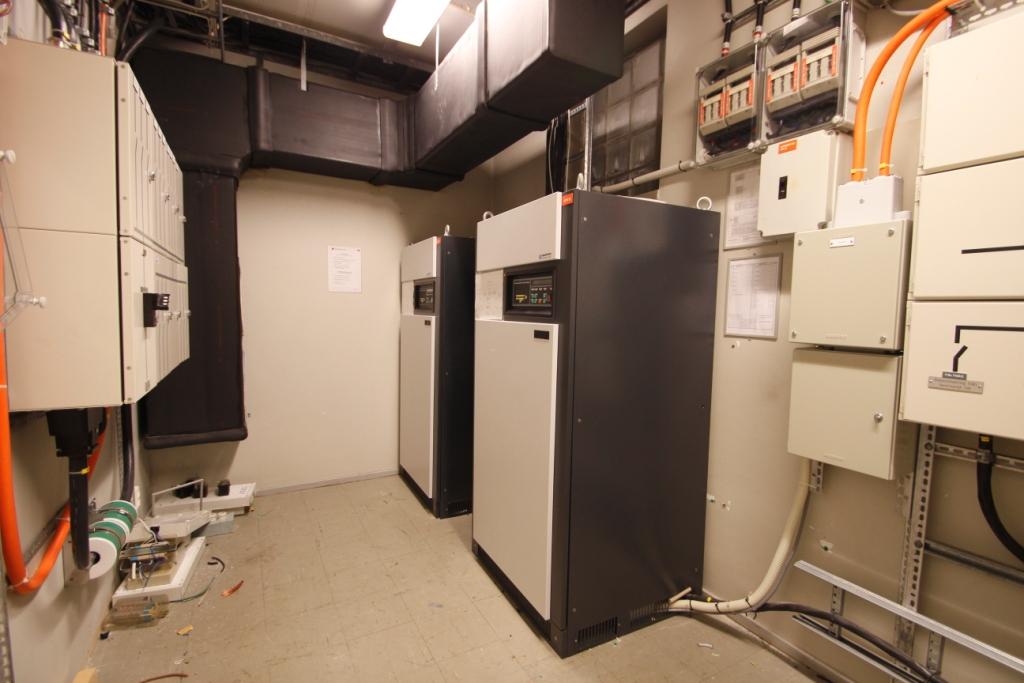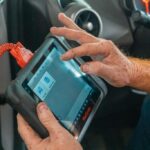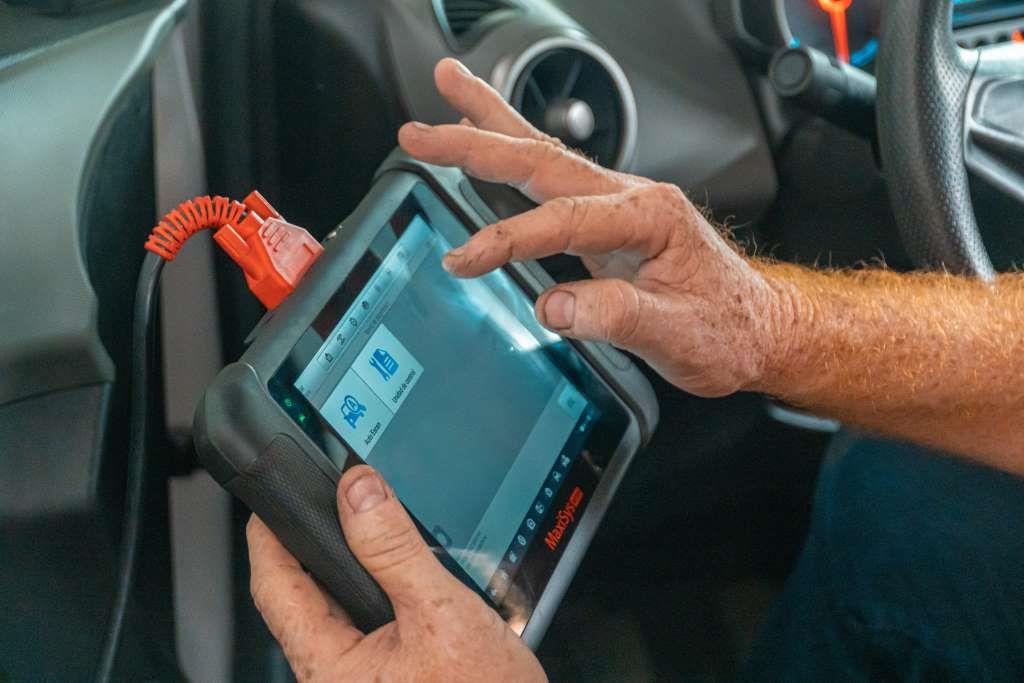
UPS or Uninterruptible Power Supplies, as the name suggests, saves your system from shutting down during power failure. It has become a basic part of every system, be it a personal system or a main server. Everybody needs an emergency power back. With such wide range of users, UPS comes with equal number of varieties. They differ from each other with numerous options of configurations. To choose the right one for your use, it is vital to know the sets of configurations they offer.
What’s The Need of a UPS?
A UPS manages the inflow of power into your system. A power failure is one of many options to have a UPS as an energy backup. Another such reason is the fluctuating power supply. Sometimes the voltage fluctuates variably, even to an extent where high voltage might damage the whole of your system. Such fluctuations are managed by a UPS. It makes sure that the amount of power supply never exceeds the recommended value. Hence it is necessary to have a UPS for your systems; not just as a power backup but also for avoiding any power spikes that might harm your system equipments.
Type of UPSs on basis of power storage
The power stored in a UPS can be basically of two types: Battery of Flywheel. The UPS with battery used as power storage medium uses chemical energy to operate and handle the power supplies. Whereas, flywheel uses the energy of motion to navigate the power inflow.
The battery usage in UPS is same as the one used in our laptops and notebooks. It can be used while the system is on direct connection to AC power and when interrupted, gets switched over to the UPS and quite seamlessly. Performance of such type of UPS depends upon the number of systems they are connected to, and the limits of the battery capacity.
Second option is the flywheel storage medium which is a mechanical process unlike the battery that functions solely on chemicals. In this method the energy is stored in a wheel that is continuously rotating and likewise it stores energy in the form of angular momentum. In case of power failure, the UPS converts this mechanical energy into electrical energy which is then supplied to the system. These flywheels come in different variety. Such as, some of them are heavier with slower motion; whereas some are quite lighter and rotates faster.
This medium of power storage might not be as effective as the batteries but they do have some advantages over the latter. The flywheels are cheaper and are eco-friendly unlike the batteries that generates harmful emissions. Flywheels have wider range of operating in variable temperatures and they get recharged quite fast as compared to batteries.
Varieties of UPS based on features
UPS comes with several features and they vary widely from one another. You need to find the apt one for you on the basis of features that you want.
The Offline UPS or otherwise known as Standby UPS sits idly when the power supply is running evenly and in case of a power outage it switches to its battery giving just enough time for you to get another backup or securely shut down your system.
The Online UPS works amazingly in a power outage. It converts the AC power to DC instead of sustaining on a battery backup. It is also known as the double conversion UPS.
Another option for you is Line Interactive UPS, which is a little more expensive but is a viable option as it securely switches between the power supplies.
UPS rentals allow you to experiment with the varieties of UPSs available and you won’t have to go all the way to buy one for yourself and later repent the choice. If you are running a company then UPS rentals are the best options for your system power backups.
John Mercury
Latest posts by John Mercury (see all)
- History of Energy Sources in UK [Infographic] - May 21, 2017
- Understanding the Electrical Grid [Infographic] - April 3, 2017
- 19 Ways to Save Electricity at Home [Infographic] - February 16, 2017










![How to Deal with a Power Failure [Infographic] Thumb](https://thelocalbrand.com/wp-content/uploads/2016/03/How-to-Deal-with-a-Power-Failure-Infographic-Thumb-150x150.jpg)



